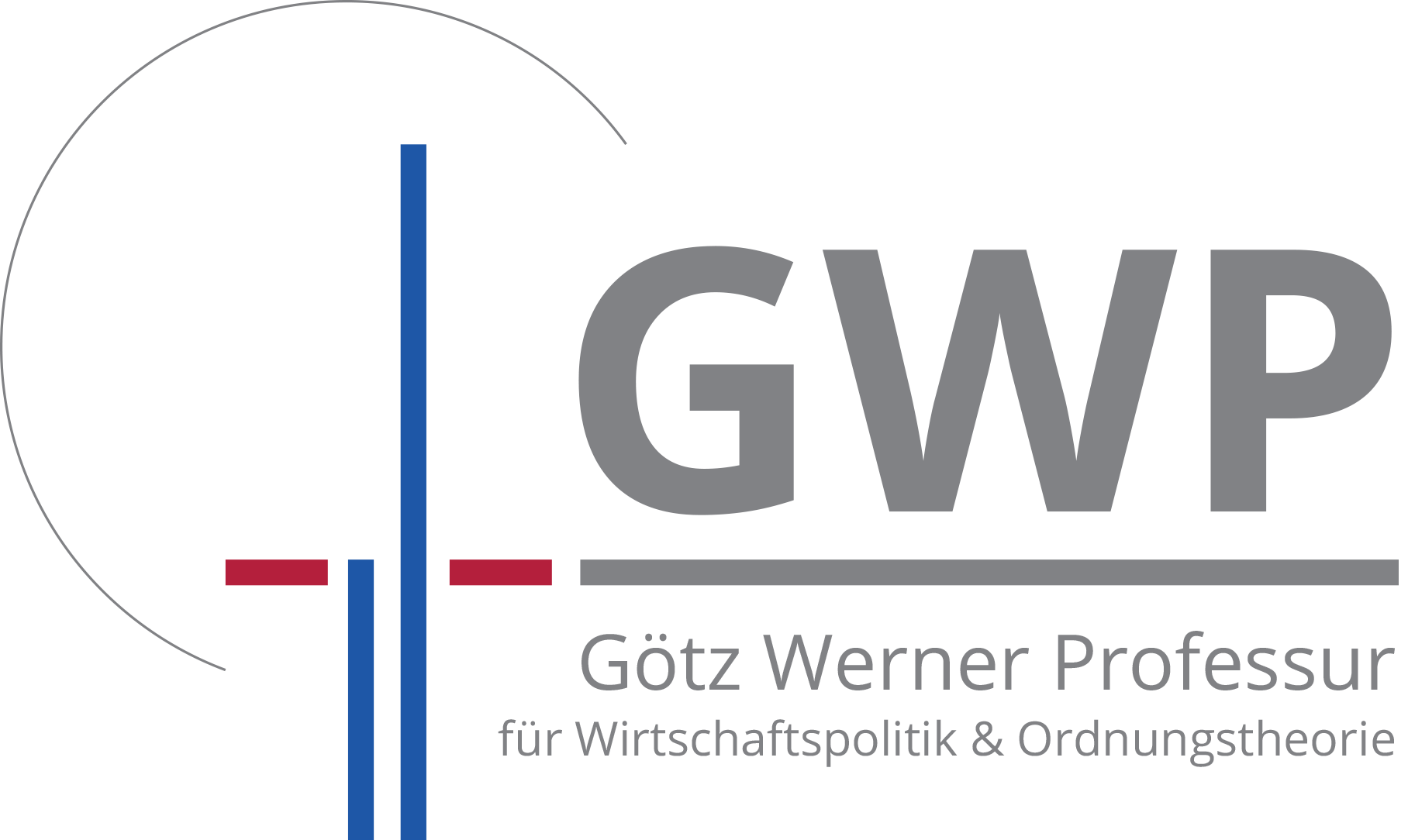Summer Seminar to be taught by GWP Guest Professor Mike Jacobson
Schedule
Mondays 9am – 12pm in Room R 01 012 (Rempartstr 10-16)
5 Sessions: 23.05, 30.05, 13.06, (04.07 or 11.07), 18.07
Content
This 4 ECTS course, designed in a discussion/seminar format, provides an overview of the water-energy-food (WEF) nexus in the context of global change (including climate change, rapid urbanization, and expanding markets for energy, biofuels, and food). The focus is on applied assessment (e.g., quantification and tradeoff analysis) of the drivers and potential solutions (e.g., management and policy) to challenges encountered in linking WEF systems. The course exposes a range of physical and social science approaches (e.g., social-economic-ecological systems, coupled natural and human systems, resilience theory, and stakeholder-based policy analysis). The course includes global and local case studies from different landscapes and regions. Topics discussed in a WEF nexus context include food systems and nutrition, groundwater irrigation, hydropower, energy transitions, rural-urban migration, property rights, and integrated land use (farm, forests, pastures).
Water, energy, and food (WEF) are essential to human well-being, social and economic sustainability and are as such becoming security concerns. In examining the sustainability of natural resource use, the concept of the ‘WEF nexus’ has emerged as a critical framework for addressing complex transdisciplinary resource challenges in integrated, innovative ways. WEF nexus expresses the idea that the production and consumption of resources such as food, water, energy and land are all intricately related.
Learning Objectives:
- Examine drivers of global grand challenges such as water-energy-food security, biodiversity and ecosystem services, population pressures, urbanization, inequality, and climate change.
- Consider rationale for and ways water-energy-food nexus can be framed, analyzed and operationalized.
- Critique water-energy-food nexus approaches, advantages and limitations.
Primary Reading
A list of required readings and a longer list of additional readings will be available. All students will do at least some additional reading depending on their interests.
Course Format
The seminar takes place in English. Classes will take place in person. The maximum absence of 20% (one class) applies to this course.
Assessment
- Active participation
- Lead critique and discussion of selected papers
- Presentation on a WEF nexus related case study
- Submit a paper on an assigned topic.
Target Groups
M.Sc. VWL (PO 2014):
- Constitutional Economics and Competition Policy
- International and Development Economics
- Public Sector Economics and International Taxation
M.Sc. BWL (Public and Non-Profit Management)
- Public Management
- Non-Profit Management
- Public Sector Economics
- Volkswirtschaftslehre
M.Sc. in Economics
- Economics and Politics
It is intended that the course be opened to students from the Forestry and Environmental Policy faculty. More details will be published here.
Registration
Students can apply for the course by registering on ILIAS. Important! When registering for the course, you will be asked to send a message to the course administrator. Please include a short paragraph (in English!) which includes
- Your current course (e.g. MSc in Economics – Economics and Politics)
- Why you are interested in taking this seminar.
Registrations will close on 9 May 2022 at 23:55. Successful applicants will be informed shortly thereafter.
Follow this link to the ILIAS course.
